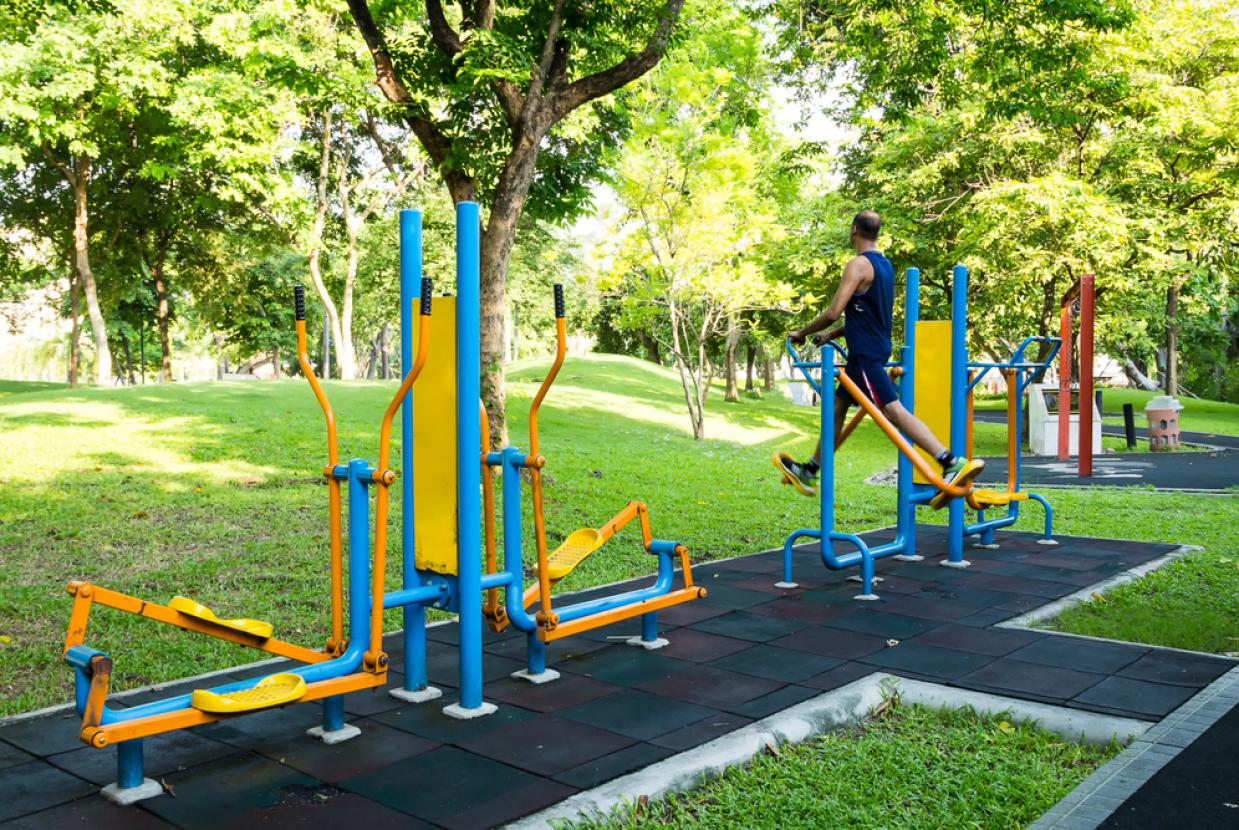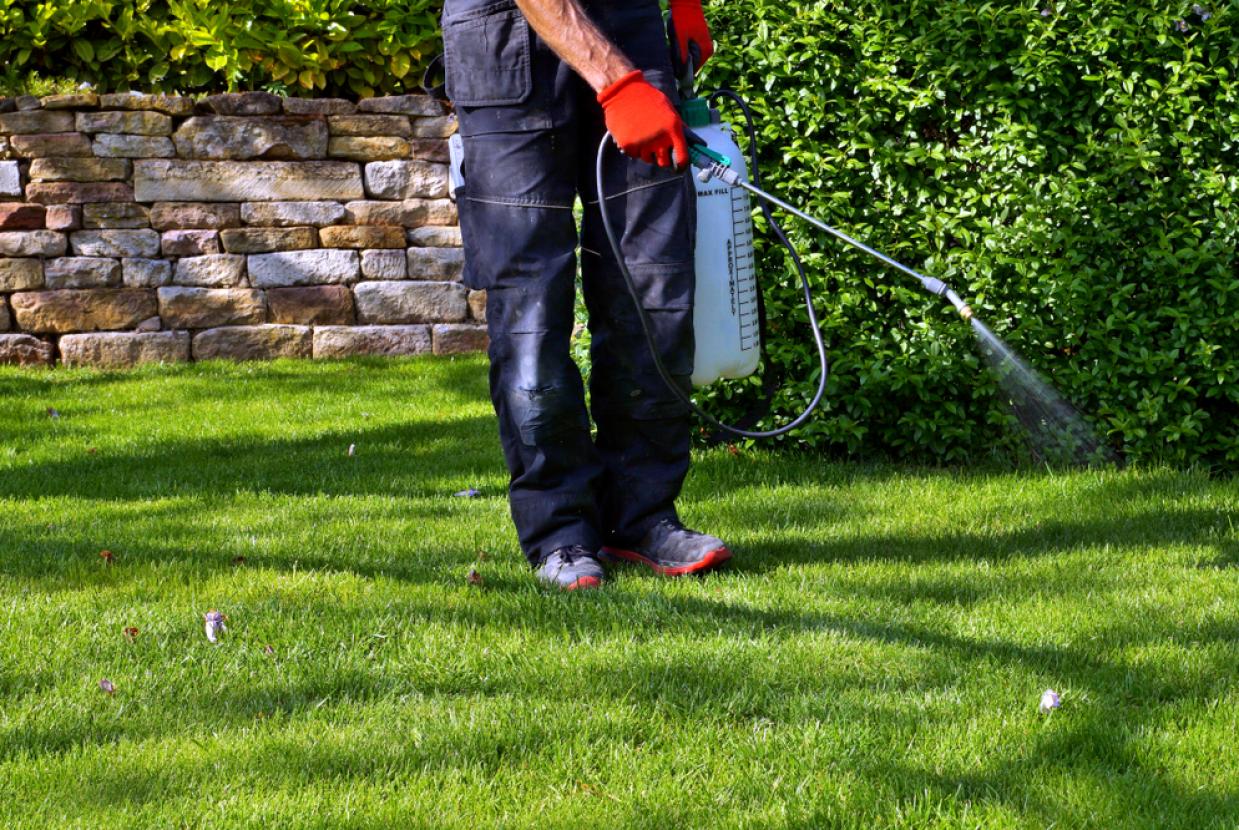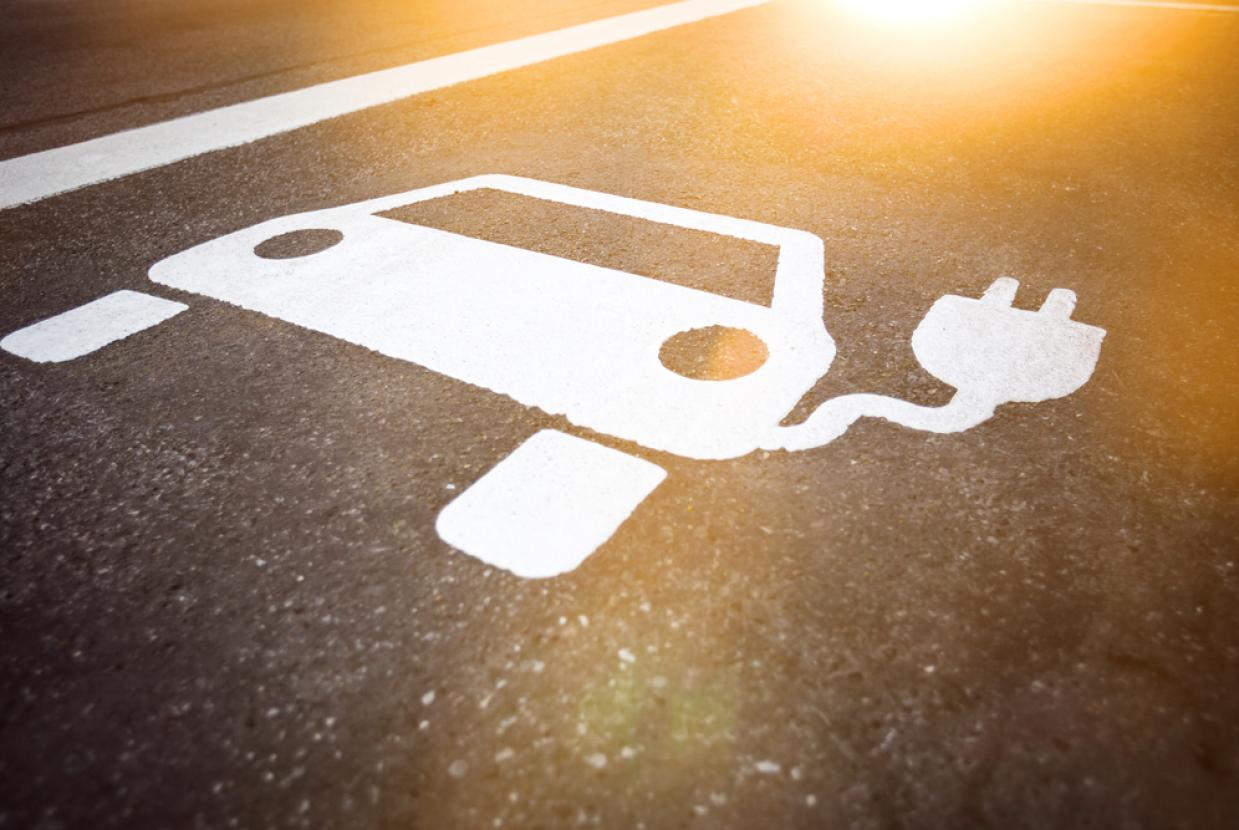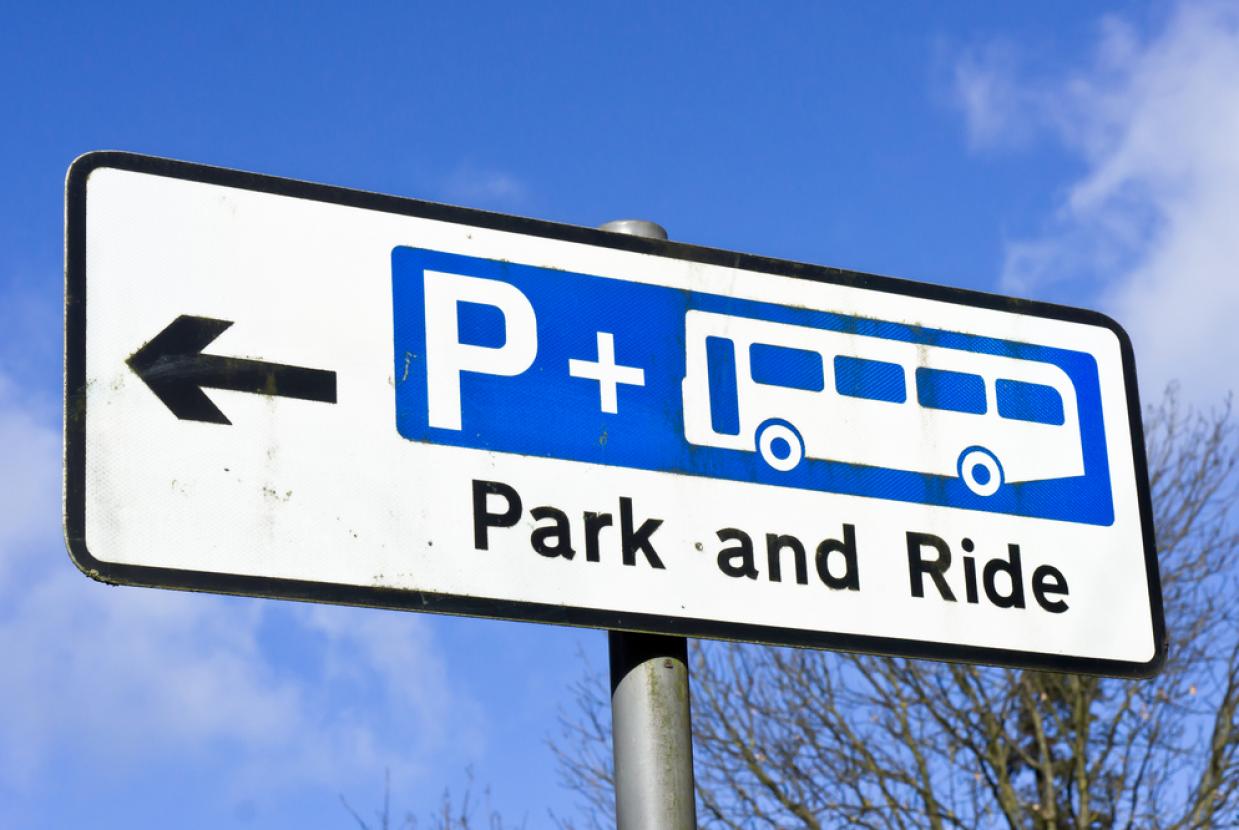Greener Driving
With more cars on the roads, car sharing schemes are becoming more popular. Car sharing can help combat congestion and cut CO2 emissions, as well as saving you money. You can car share on most journeys, from work commutes to one-off events.
About car sharing
Car sharing is when two or more people travel together by car for all or part of a trip. The passengers usually make a contribution towards the driver’s fuel costs.
Car sharing may be formal, using an organised car share scheme, or informal – for example, friends or colleagues travelling to work together.
Car sharing during coronavirus (COVID-19) pandemic
For anyone who cannot work from home, the risks from COVID-19 can be reduced by choosing a safer method of commuting.
Walking or cycling are the best way of avoiding infection, remembering to keep social distancing from other pedestrians or cyclists, for example at crossings and traffic lights.
Much of the advice for anyone using public transport also applies to anyone who must continue car sharing at this time:
- wear a face covering to protect others, unless exempt from the law and/ or have a reasonable excuse
- avoid physical contact
- try to face away from other people
- keep the time spent near others as short as possible
If car sharing, as well as wearing a face covering, good ventilation in the car will be useful - particularly by keeping a window open.
It is recommended that:
- any sharing is with the same people each time
and
- people in the vehicle keep as much social distance as possible
For instance, if only two people are in the vehicle, the passenger should sit in the rear left-hand seat.
Contact areas such as door handles (inside and out), seat belts and so on should be cleaned or sanitised after each journey.
It may also be useful to rethink journeys to allow for more walking or cycling as part of the trip, reducing the time near to one another.
Anyone who experience any symptoms of the virus, or who come into contact with the virus, should make sure that the other passengers are made aware of the circumstances and all should follow up-to-date health advice.




















